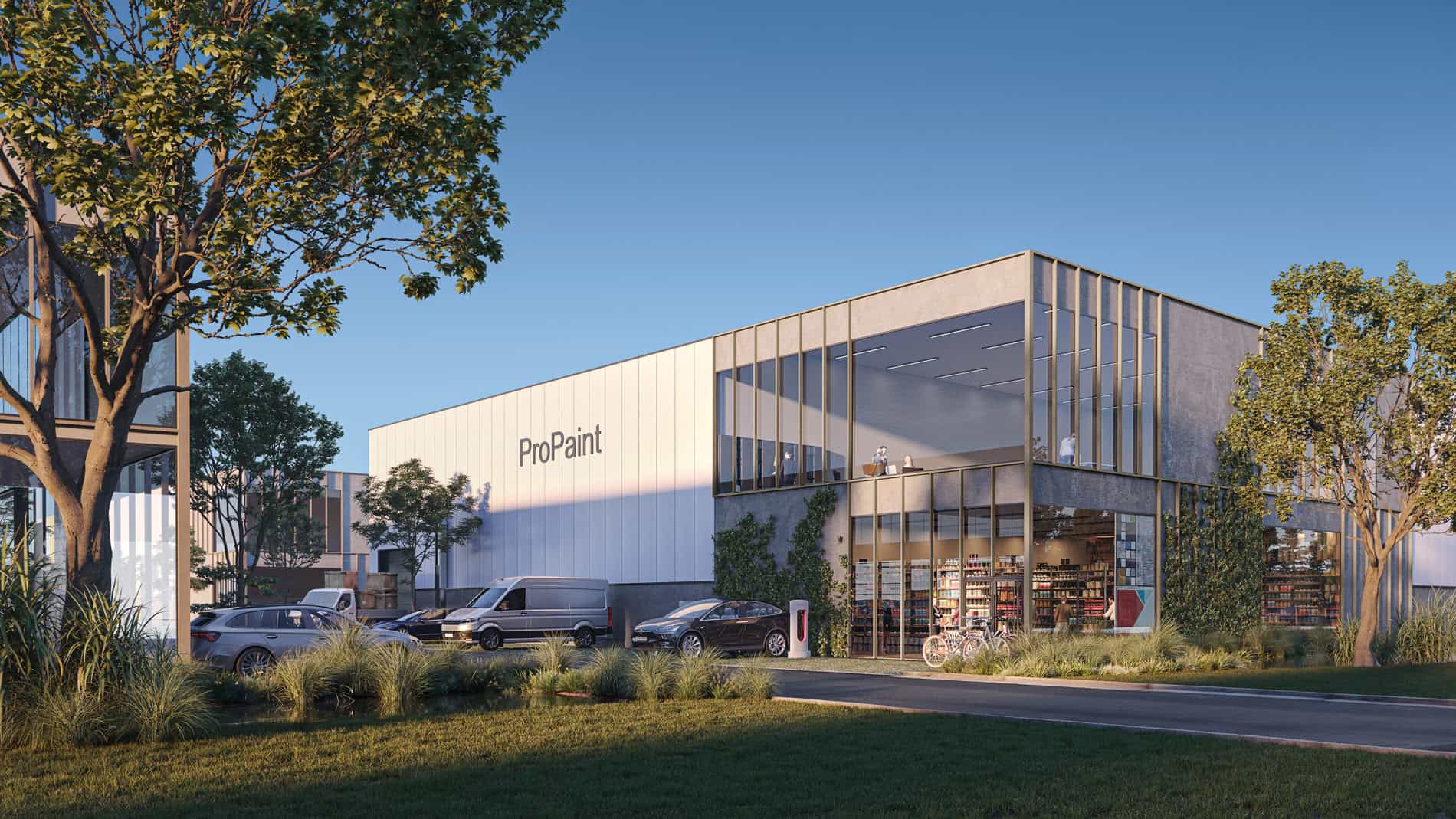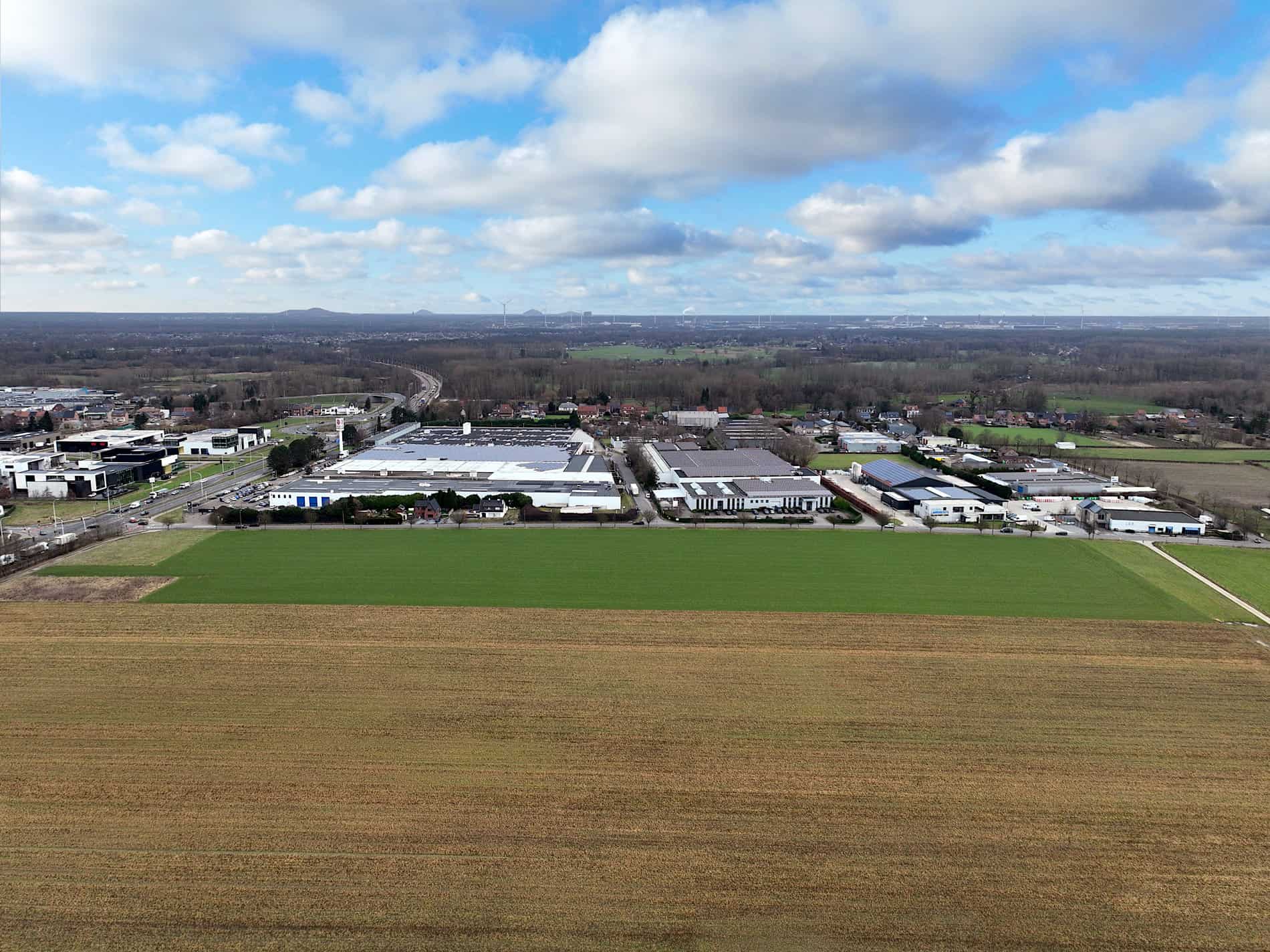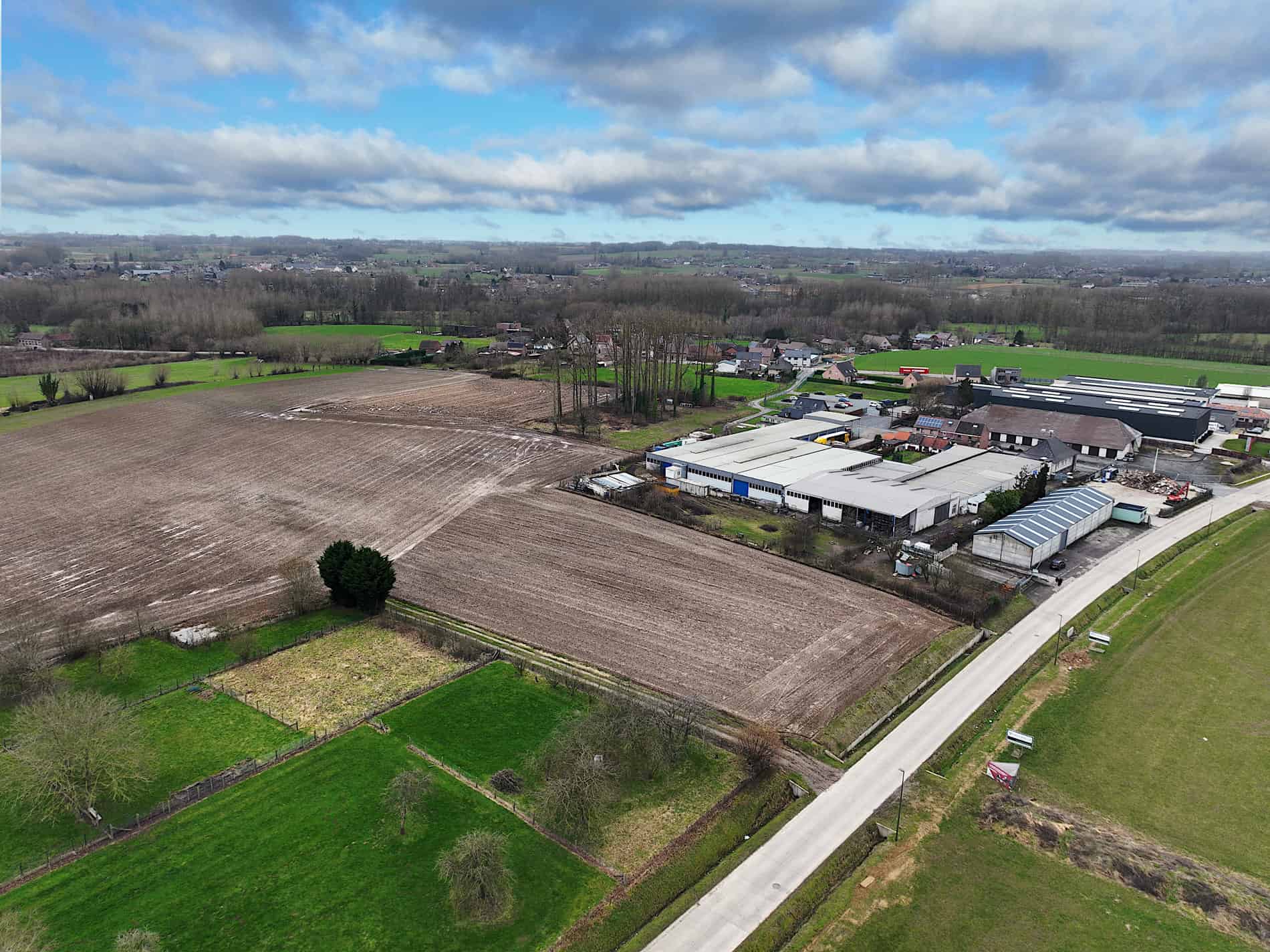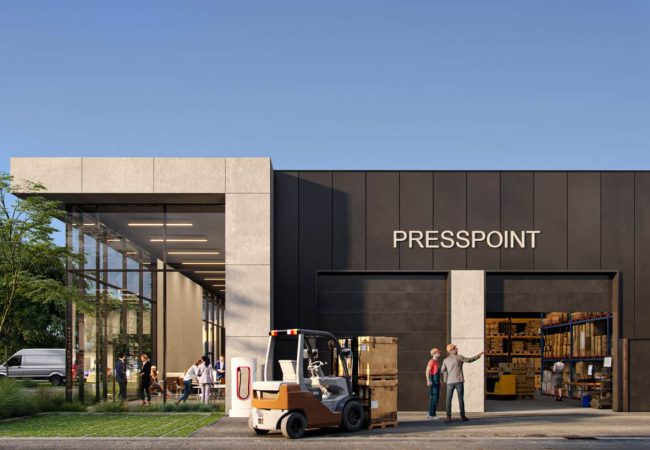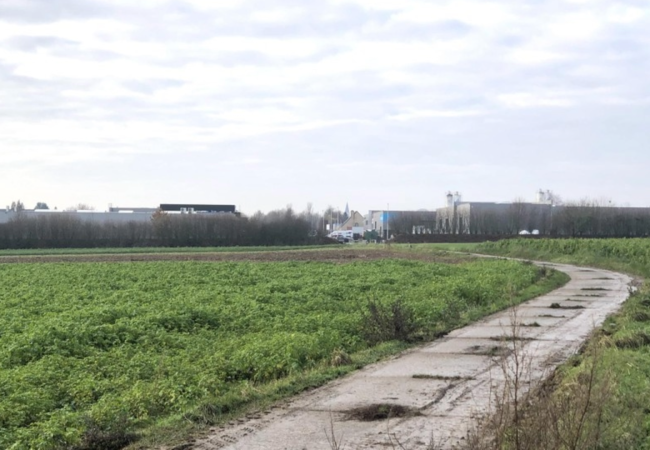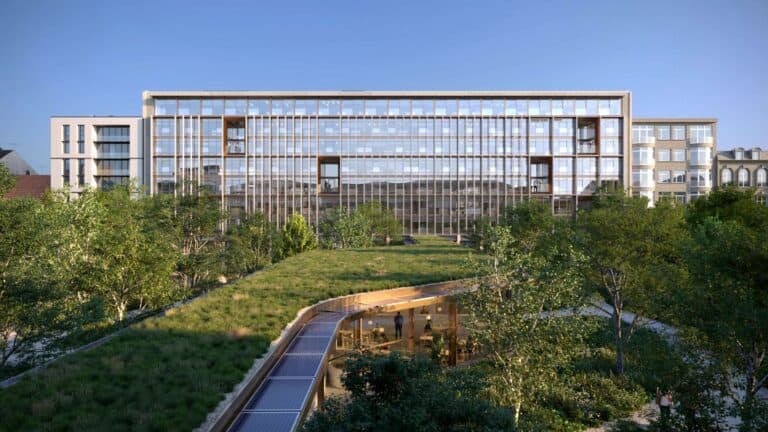
Federal Planning Bureau Study Predicts Rise in Energy Costs
Building energy-efficiently is now a given, and rightfully so, as a recent study by the Federal Planning Bureau proves once again. According to the Belgian research institute, energy—covering fuels, electricity, and energy-saving investments—is expected to become a larger expense by 2030, for both households and businesses. Building sustainably now is crucial if you want to limit the rise in energy costs in the coming years.
nieuwsbericht
An average rise of energy costs from 4% to 8%
Across all sectors, energy will take up a larger portion of budgets in the coming years. Some industries will, of course, be more affected by the costs associated with the climate transition than others. The Planning Bureau expects energy costs in the tertiary sector, which includes services, to keep rising strongly until 2030, when they could account for 7.7% of the annual budget, up from 6% in 2020. Only after this point will energy investments begin to pay off, and costs in this sector will start to decline.
Higher energy bill
For the industrial sector, however, the research institute predicts a permanently higher energy bill due to the substantial investments needed to avoid oil and gas, particularly in the chemical industry. According to the institute, by 2050, energy costs in the industrial sector will still be 89% higher than in 2020. The transportation sector will also face higher energy costs in the coming decades, mainly due to the electrification of the vehicle fleet.
On average, the Planning Bureau estimates that the share of energy in the annual budget for businesses in our country will rise from 4% in 2020 to at least 8% by 2030. The message is clear: acting as quickly as possible to spend less on energy in the long term is essential.
Socioeconomic implications of the energy transition
Government measures have been tightened because Belgium aims to meet the European climate targets by 2030. Compared to 2005, we need to reduce greenhouse gas emissions by a staggering 47% by then.
According to the research institute, with the announced policy, we would only achieve a 32% reduction. The European goal of relying on renewable energy for 34% by 2030 also seems unlikely according to the Planning Bureau. A 24% share seems achievable.
The conclusion is that everyone will need to make significant efforts to come as close as possible to the set goals, as the measures (and costs) will not decrease in the future.
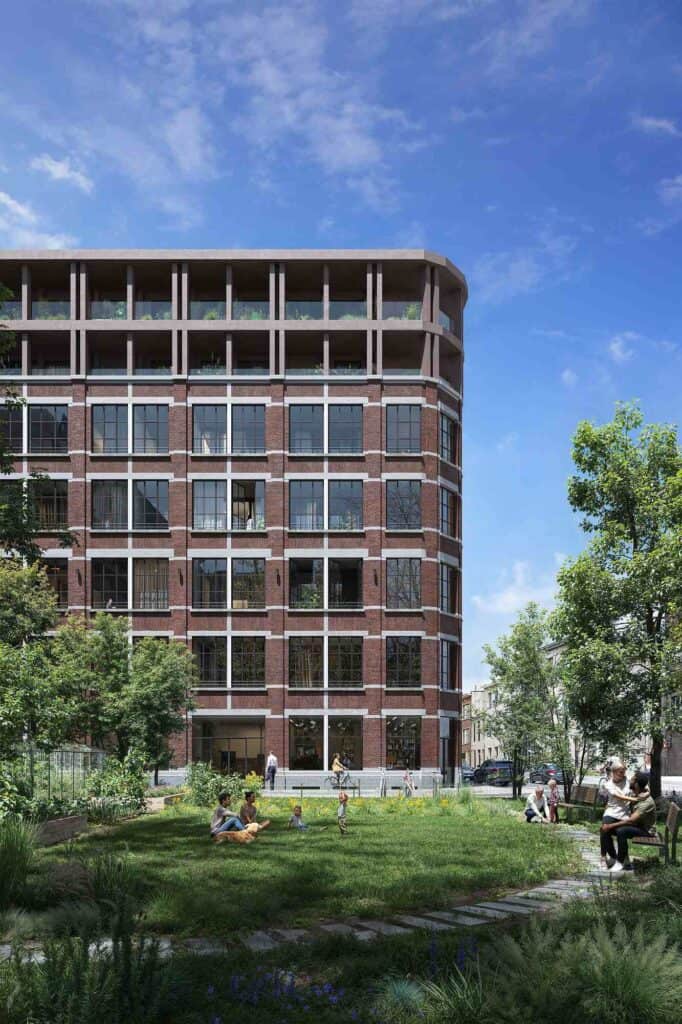
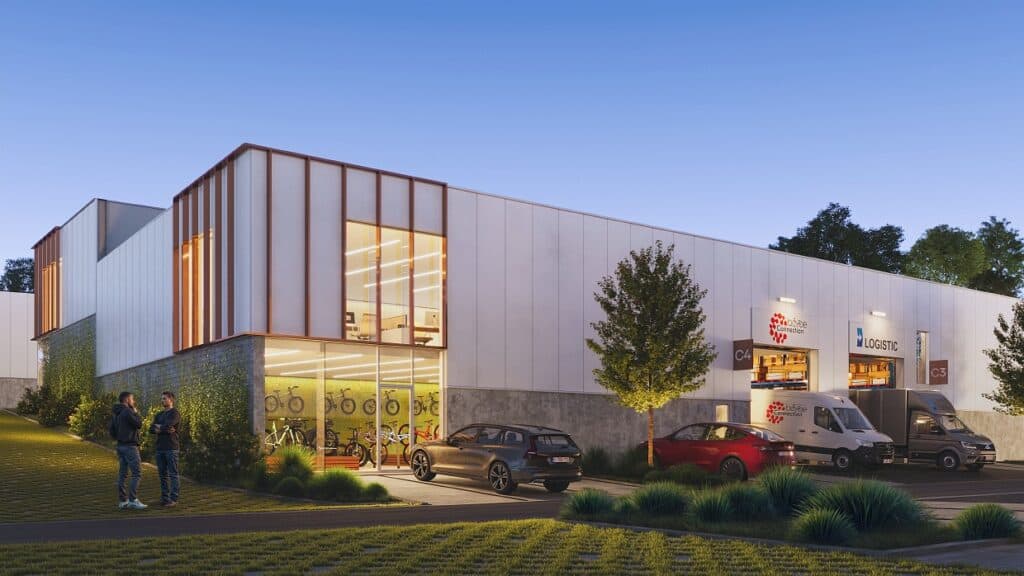
Energy-neutral new builds are a smart choice
How can you minimize the impact of rising energy costs for your business? By opting for new builds and addressing them with maximum sustainability from the start. Kolmont offers sustainable commercial spaces for this very reason. It’s simply a smart move for a sustainable future and a lower energy bill now and later. Additionally, we are making our SME projects fossil-free. This avoids costly future investments to replace gas and oil.
Browse our property selection:
What others are reading:
